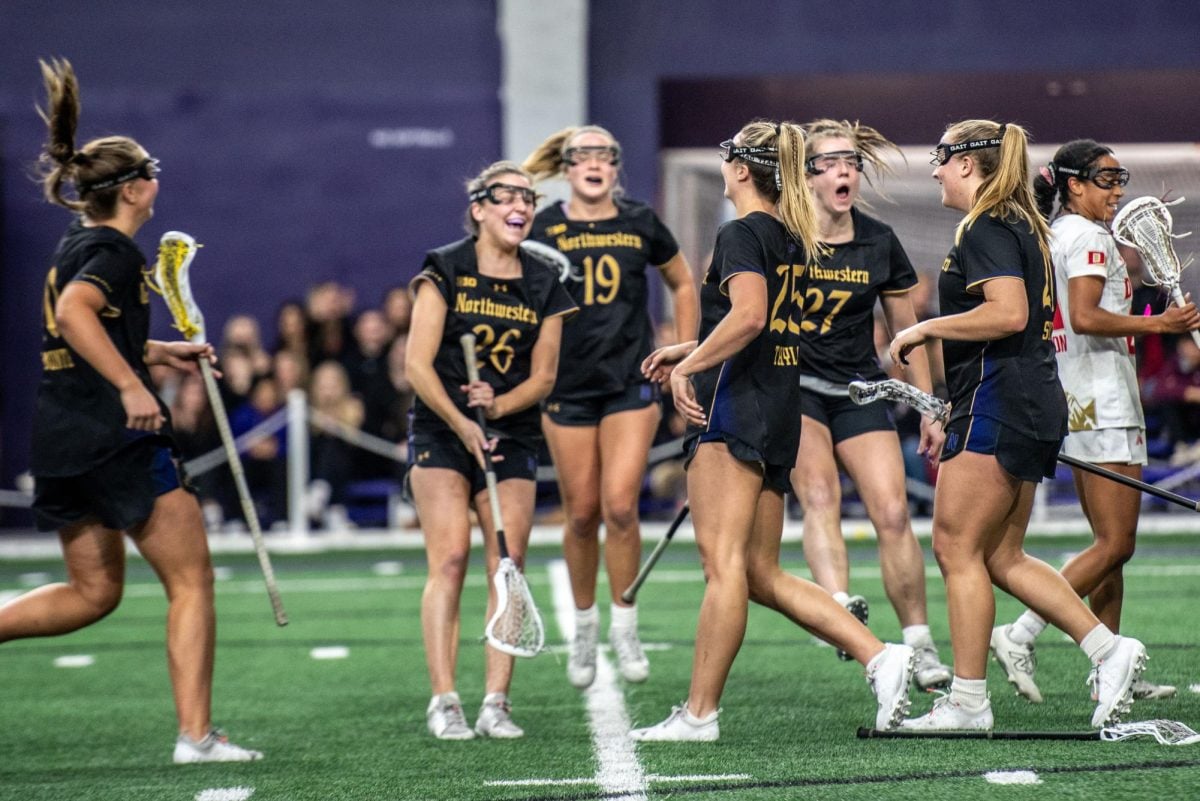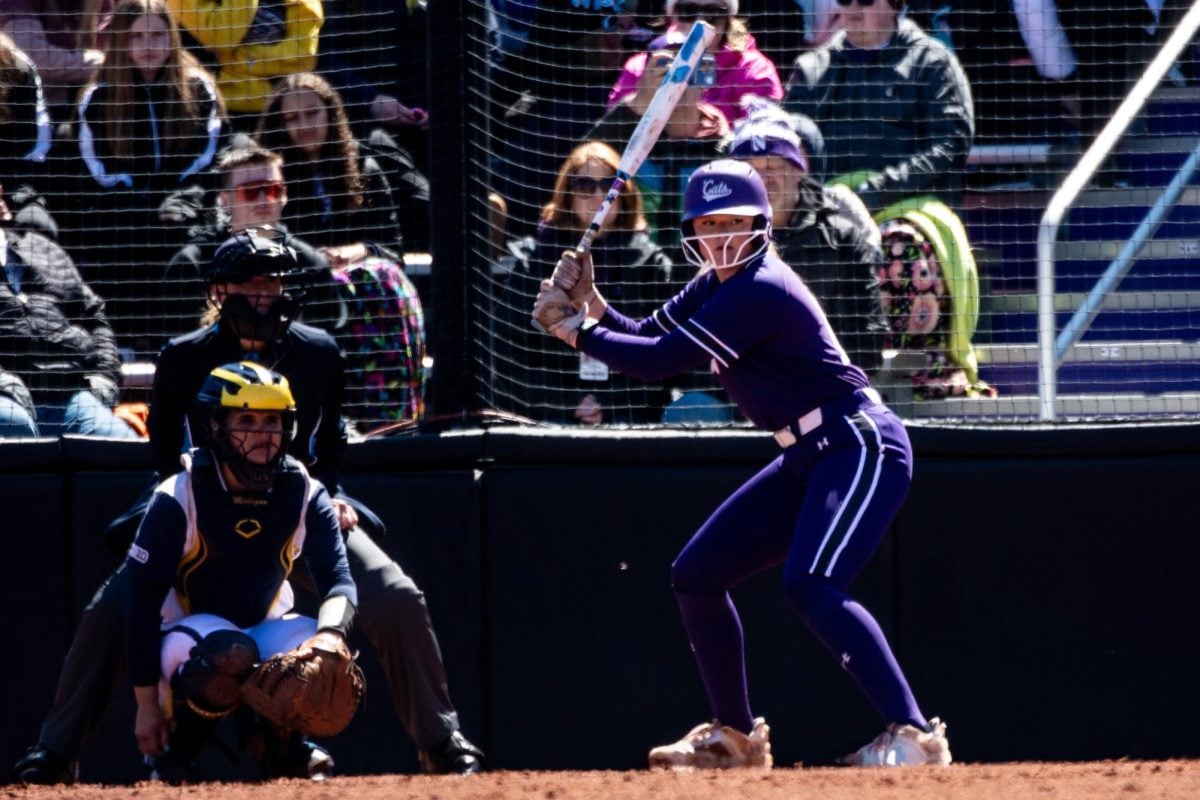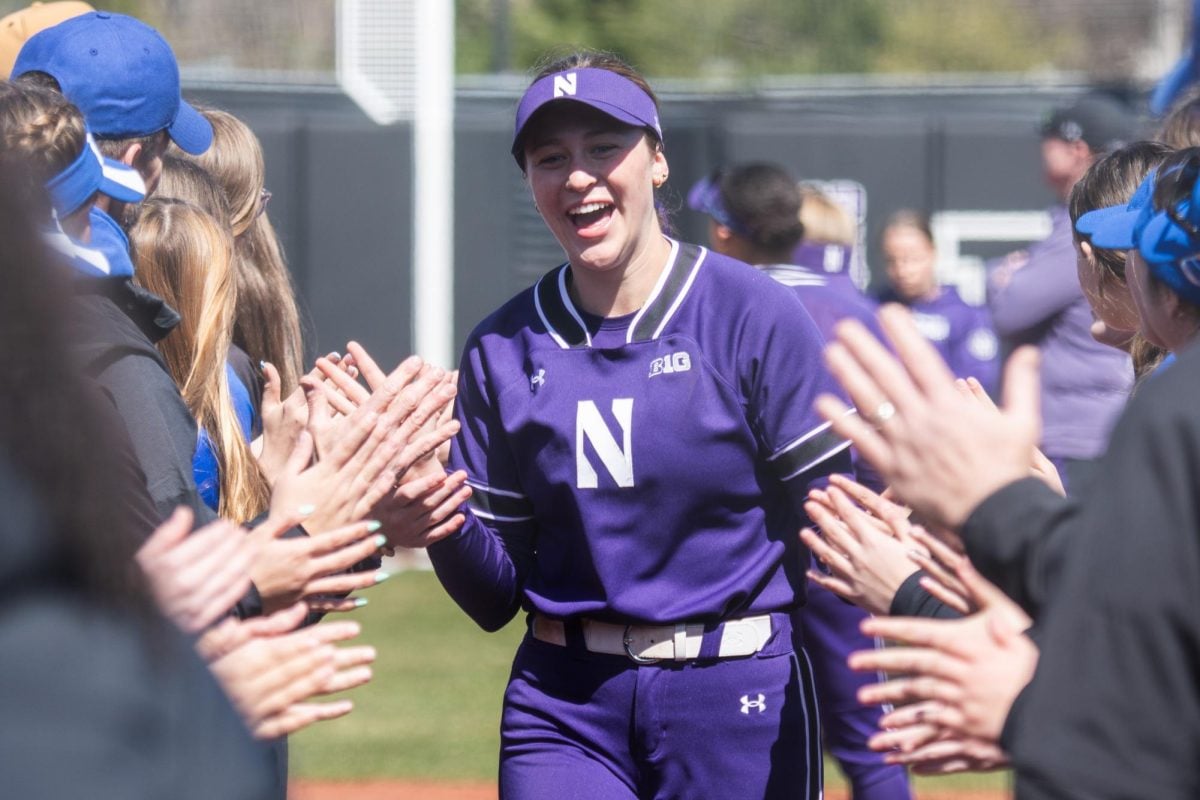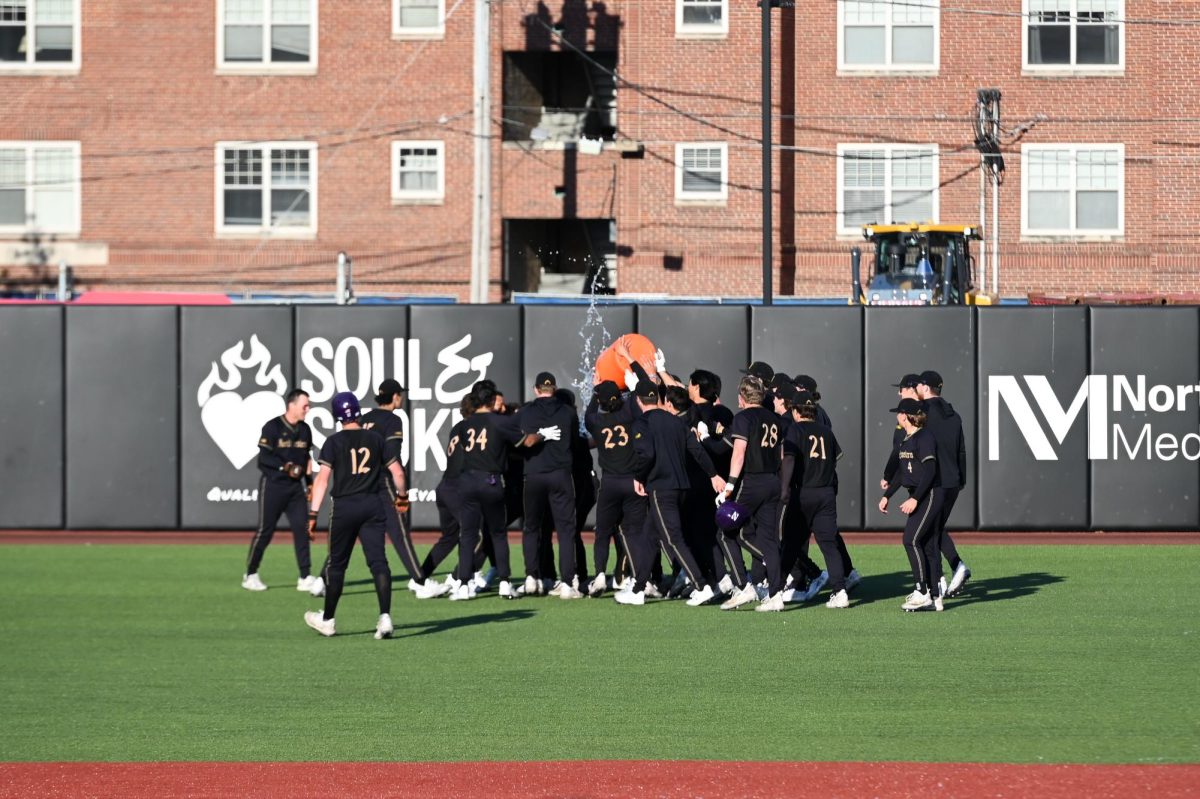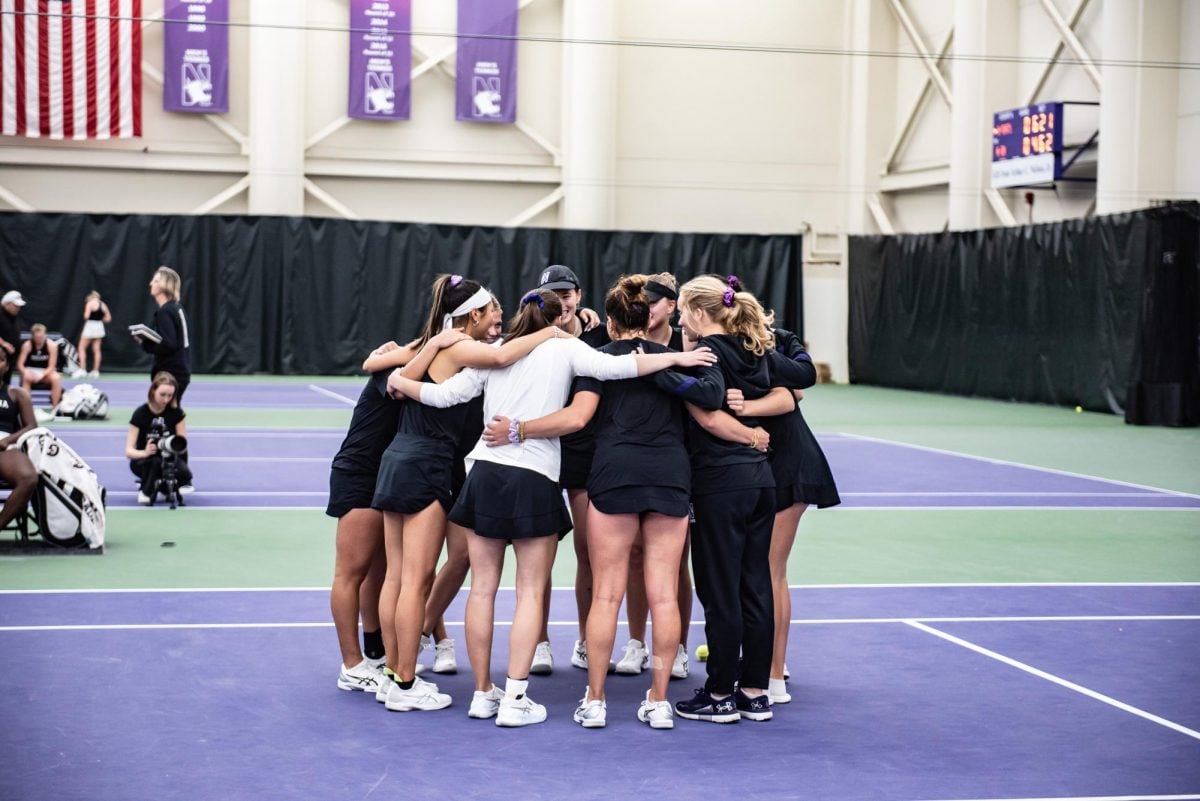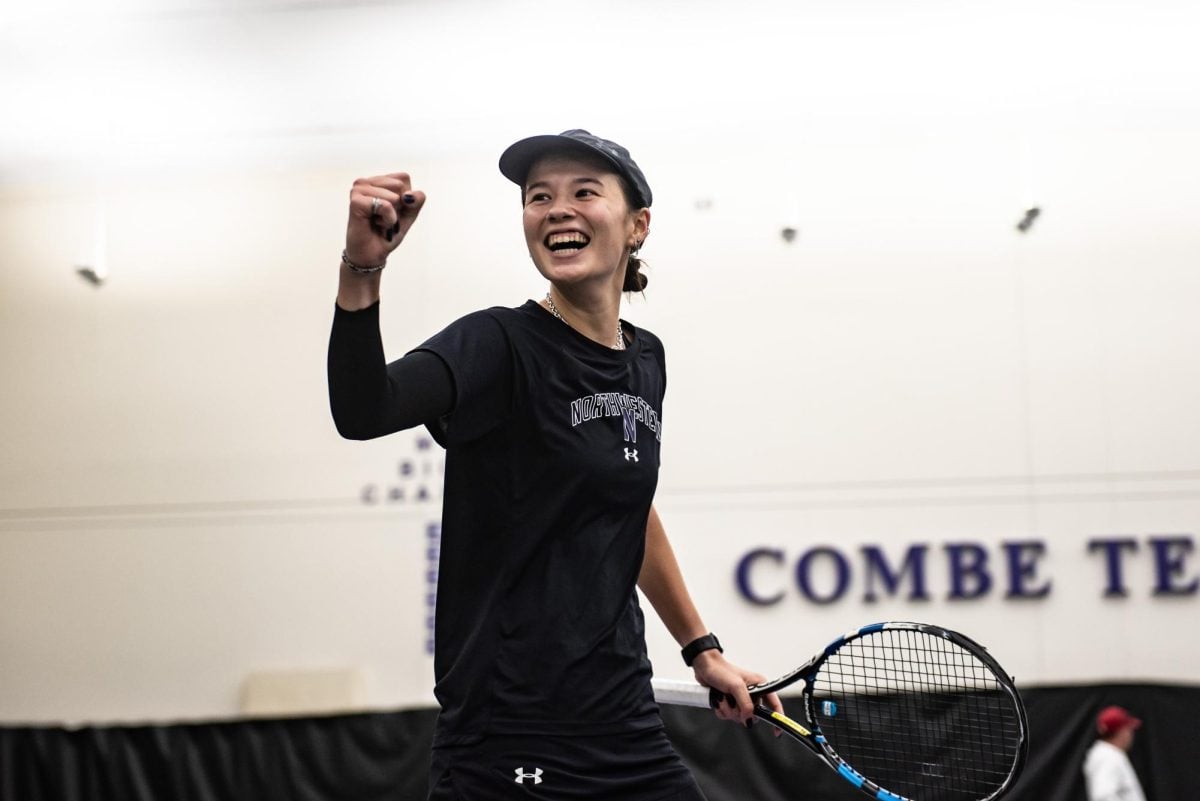Most college sports use a selection committee to decide which teams will compete for the national title.
For the most part, the handful of people do a good job at selecting the teams, but when the bubble gets involved, it gets a little dicey. How do you judge two teams that never played on the field and determine which one deserves the spot?
There is no right way to split hairs and pick one team, but there should be some concrete guidelines from year to year. What makes selection committees so controversial is the fact the decisions they make are contradictory.
The softball committee is a perfect example of this contradictory logic.
Iowa won six of its last nine games and had an RPI of 34 at the end of the season with a 30-24 record. The Hawkeyes finished ninth in the Big Ten with eight conference wins. They also had six wins over ranked teams.
Mississippi State lost eight of its last 11 games to finish with a 32-22 record and ended up with an RPI of 33. The Bulldogs were tied for 10th in the Southeastern Conference and did not make the conference tournament despite their eight wins in the SEC. They only had four wins over ranked opposition.
So who got into the field of 64? Mississippi State, of course.
The decision made little sense and it showcases the issue with selection committees. If Mississippi State made the tournament, certainly Iowa deserved a shot to play for a national title. The Hawkeyes had a better resume, and although the Bulldogs played in the tougher conference, the Big Ten was not terrible like the selection committee made it out to be.
Every March we talk about which teams got snubbed from the NCAA basketball tournament and which schools were lucky to sneak into the field. However, the committee is clear on what it is looking for in a tournament team. It wants teams who had big wins, few bad losses and challenged themselves out of conference. For the most part, the committee sticks to that and selects the field based on those principles.
However, most committees are not that consistent. Last year, Northwestern was in the softball tournament based on its strength of schedule, but it seemed strength of schedule played no role this season. Alabama-Birmingham made the tournament despite only winning two non-conference games against tournament qualifiers from BCS conferences. Iowa had four wins and the better RPI.
Selection committees must act like the college admissions process. You know in general what you need to do and will be rewarded for going above and beyond the expectations and will be punished for falling short. The issue is selection committees don’t stick to their guidelines with enough consistency to be trusted with deciding which teams can compete for the ultimate prize.
There are two simple solutions: Stick to the criteria or let a computer – something like RPI – decide who will play for the national title.


